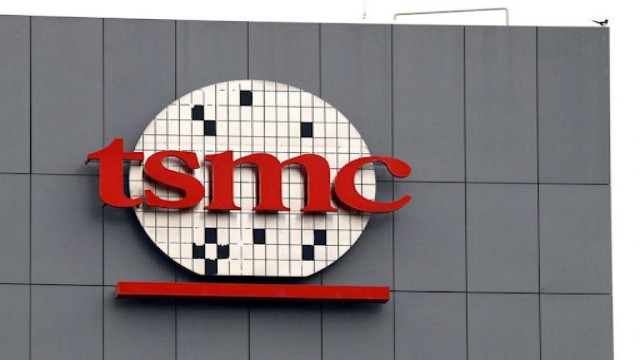
An Atlas V rocket from United Launch Alliance, carrying satellites for Amazon's Project Kuiper internet service, is prepared for launch at Cape Canaveral Space Force Station on Monday, April 28, 2025, in Cape Canaveral, Florida. (AP Photo/John Raoux)
Amazon has officially entered the race for space-based internet. On Monday, it launched its first group of internet satellites into orbit, taking a major step forward in its mission to bring high-speed internet across the globe. The move directly challenges Elon Musk’s Starlink, which has already built a massive lead in the satellite internet game.
The 27 satellites, part of Amazon’s Project Kuiper, were carried aboard an Atlas V rocket from United Launch Alliance. The launch took place at Cape Canaveral Space Force Station after an earlier delay caused by bad weather. These satellites are designed to eventually settle nearly 400 miles above Earth, where they’ll begin testing and preparing to deliver broadband coverage.
This isn’t Amazon’s first venture into orbit. Two test satellites were launched back in 2023, but this latest batch features major upgrades. Among the new features is a special mirror-like coating that helps reduce the brightness of reflected sunlight—a feature added after concerns from astronomers that the growing number of low-Earth satellites were interfering with stargazing and scientific observations.
Project Kuiper, named after a region beyond Neptune in the solar system, is a long-term plan. Amazon wants to launch over 3,200 satellites to build a global internet network. These satellites are intended to bring fast and affordable connectivity to remote and underserved areas across the world. Amazon founder Jeff Bezos is also involved in the space industry through his other company, Blue Origin, which is one of the rocket providers for Kuiper launches.
Amazon’s competitor, SpaceX, has already deployed more than 8,000 Starlink satellites, with over 7,000 still active in orbit. The company has been aggressively launching them since 2019 and shows no signs of slowing down. Just one day before Amazon's launch, SpaceX marked its 250th Starlink launch, keeping its lead in this rapidly expanding market.
The space-based internet sector is attracting growing interest. Besides Amazon and SpaceX, other players like OneWeb in Europe are also building their own satellite constellations, though on a smaller scale. OneWeb currently has a few hundred satellites in a higher orbit than Starlink or Kuiper.
To support Project Kuiper, Amazon has booked dozens of rocket launches not only with ULA but also with Blue Origin and other providers. The company is betting big on this ambitious plan, expecting the satellite network to be a key tool in connecting people across remote parts of the world.
Rajeev Badyal, vice president of Project Kuiper, highlighted the importance of real-world testing. “There are some things you can only learn once you're in space,” he said. While the mission has just begun, the team views this launch as a major milestone on their long journey ahead.















